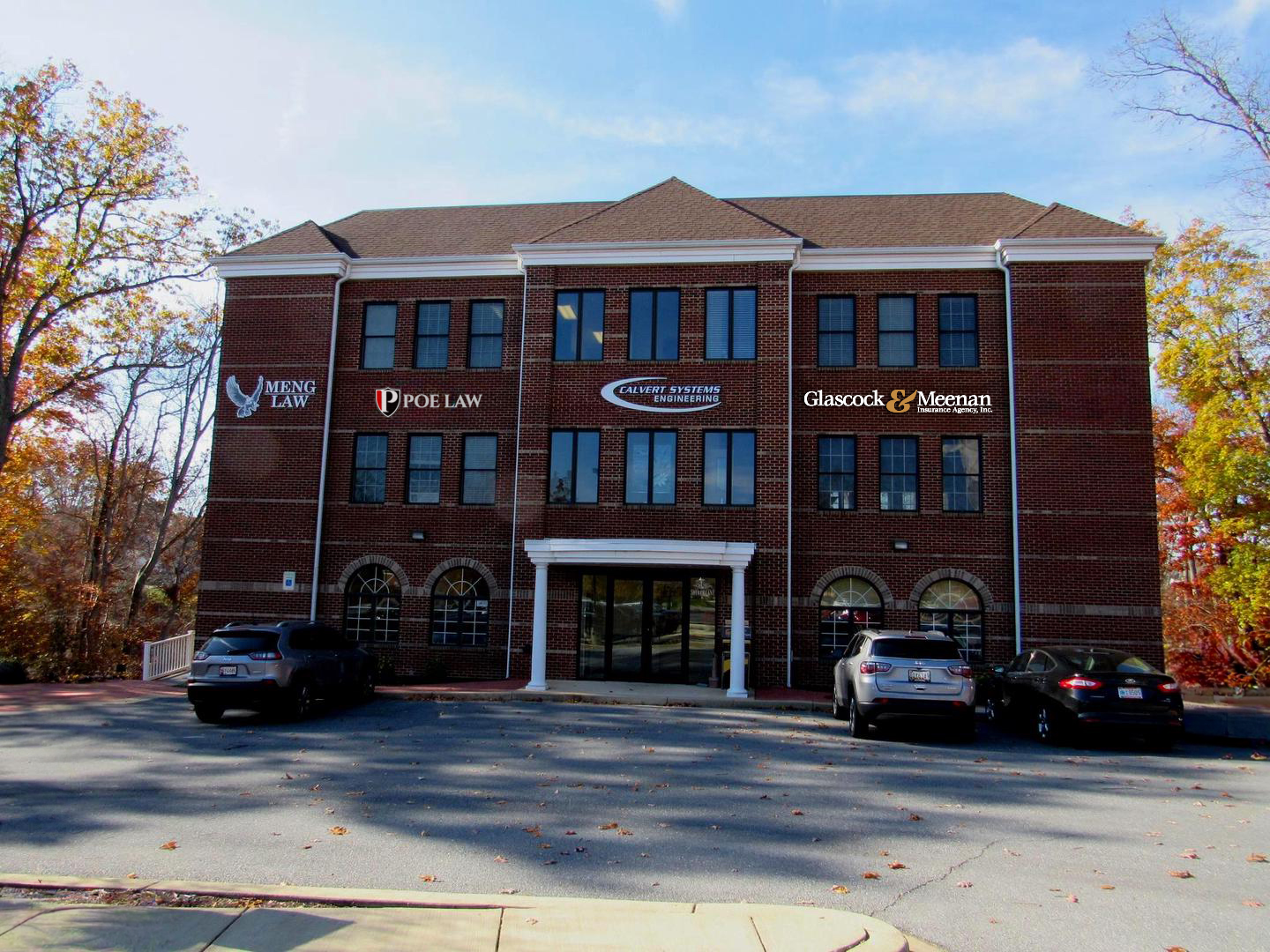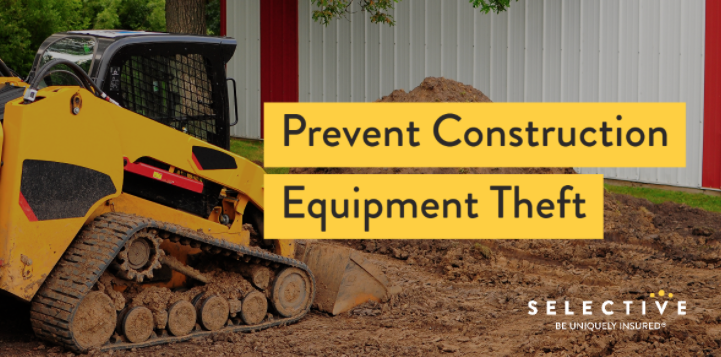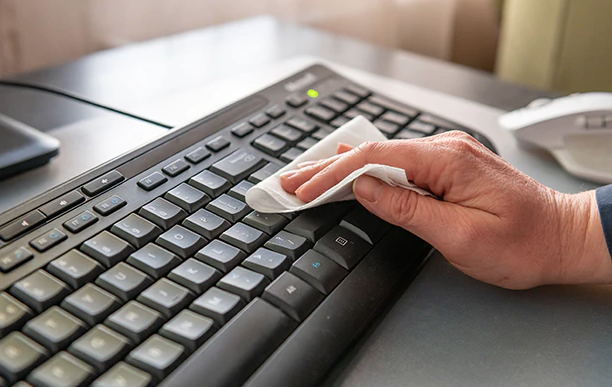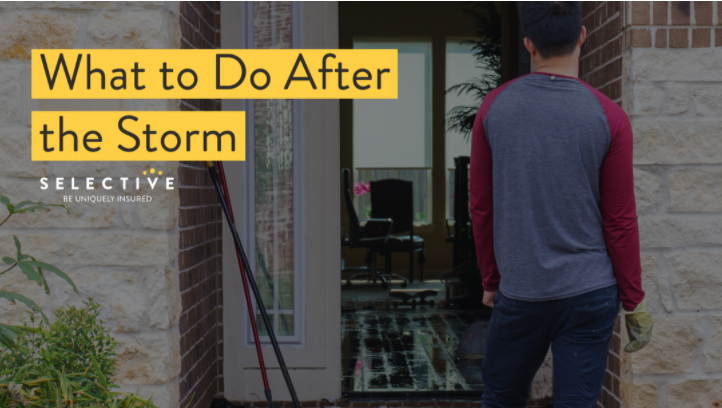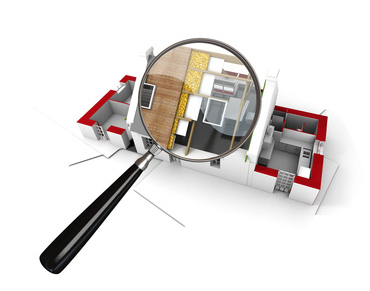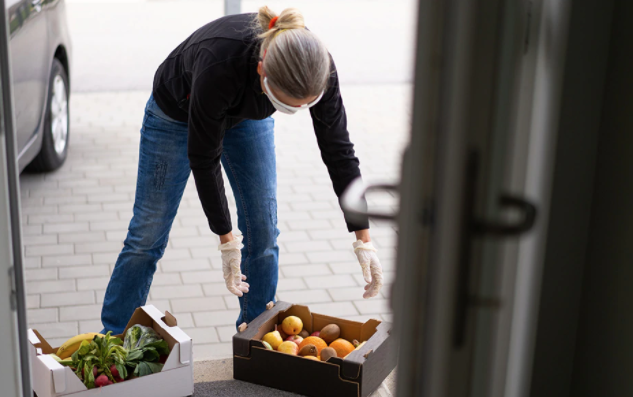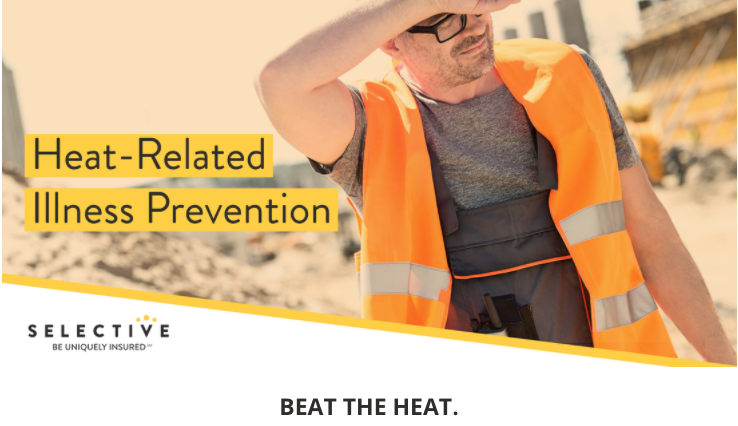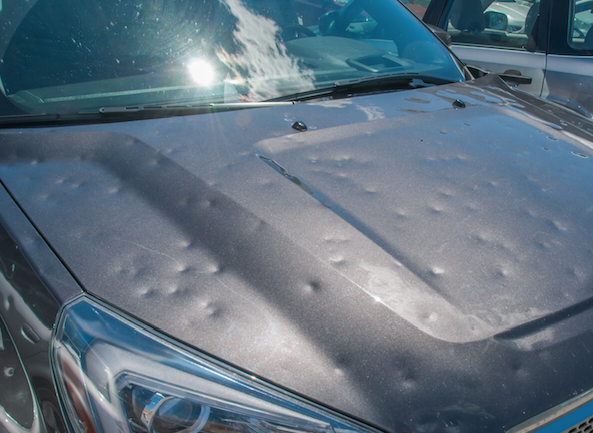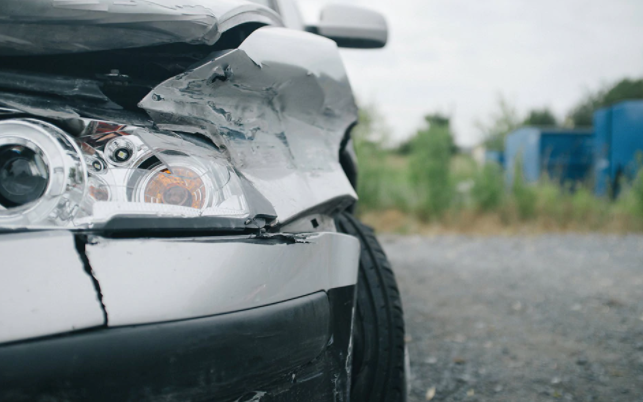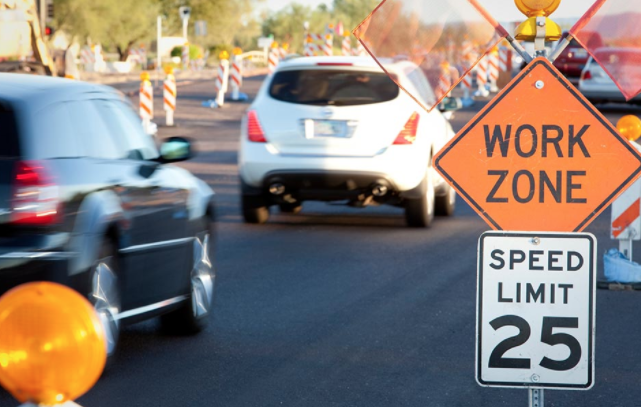Kitchen Fire Safety
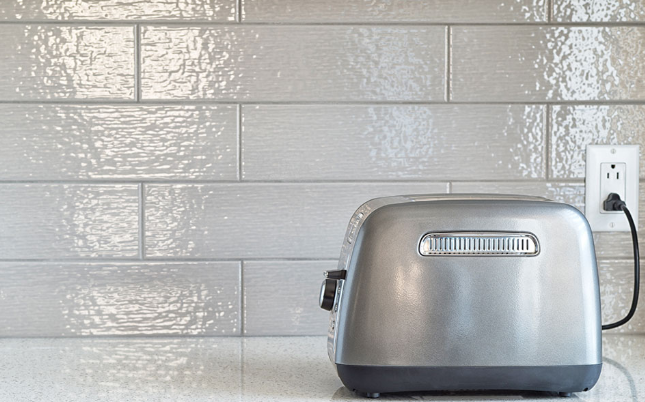
When thinking of the cause of a kitchen fire, it is common to think of cooking. But not all kitchen fires start because of cooking hazards. Non-cooking related fires commonly involve refrigerators, freezers or dishwashers. The following tips can help prevent non-cooking related fires from occurring in your kitchen.
- Plug all kitchen appliances, including microwaves, toasters and coffee makers, directly into a wall outlet. Never use an extension cord as it can overheat and cause a fire.
- Use the right outlet for the right appliance. For larger appliances, such as ovens and refrigerators, be sure to only use properly grounded outlets with circuits that match the rating plate on the appliance. If you have older 2-prong outlets in other locations of your kitchen, have a qualified electrician replace it with a properly grounded 3-prong outlet. Do not use an adapter.
- Replace any power cords that become frayed or otherwise damaged. Never use a cord that shows cracks or other damage.
- When moving kitchen appliances, be aware of power cords. Rolling over or pinching power cords can damage them.
- Unplug small appliances when not in use. Read More
